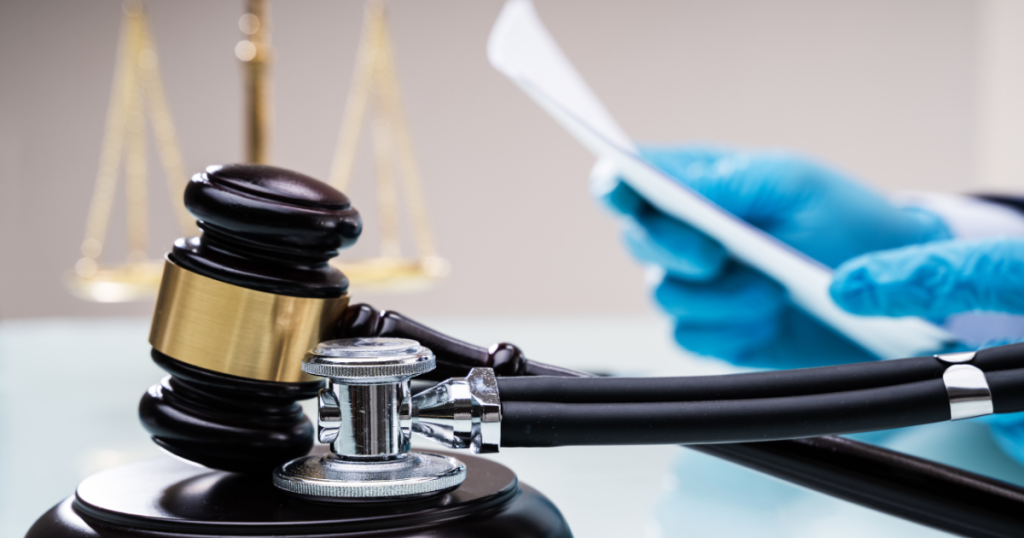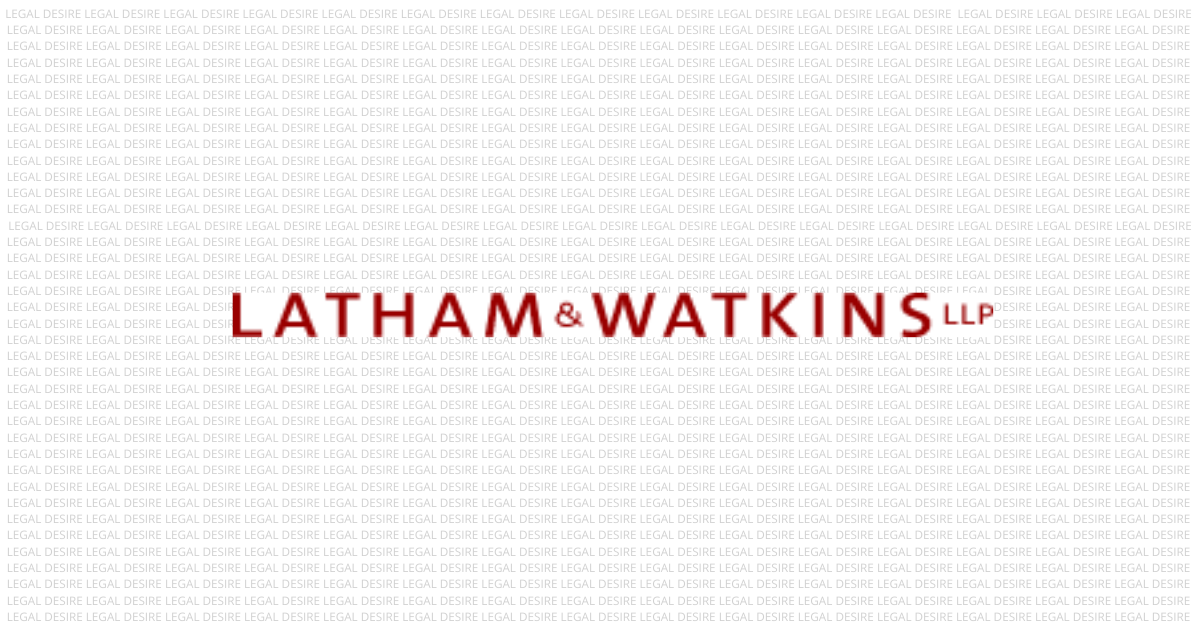Now Reading: Exploring California’s Strict Liability Laws: Holding Defendants Liable Without Proof of Fault
-
01
Exploring California’s Strict Liability Laws: Holding Defendants Liable Without Proof of Fault

Exploring California’s Strict Liability Laws: Holding Defendants Liable Without Proof of Fault
Strict liability laws exist to hold defendants accountable without the need to prove negligence or fault.
Particularly in California, these laws serve as a critical foundation for ensuring justice and protection for victims of various injuries and damages. Not only do they hold companies and individuals accountable for their products and actions, but they also encourage responsible behavior and promote public safety.
Overview of Strict Liability Laws in California
Strict liability is predicated on the idea that certain actions or products inherently carry potential risks, regardless of the precautions taken. In California, this legal doctrine has evolved significantly, reflecting society’s changing views on responsibility and consumer protection.
At its core, strict liability in California holds individuals or entities liable for damages caused by their activities or products, sans the need to prove negligence or intent. This means that even if the defendant took all reasonable precautions, they can still be held liable for any resulting injuries or damages.
Areas Governed by Strict Liability in California
California’s strict liability laws predominantly cover three main areas:
- Product Liability and Consumer Protection: Manufacturers and distributors are held liable for any injuries caused by defective products. This includes design defects, manufacturing defects, and failures to provide adequate warnings or instructions.
- Animal Attacks: Specifically, dog bite incidents, where owners can be held liable for injuries inflicted by their pets, even if the animal has never shown aggression before.
- Abnormally Dangerous Activities: This encompasses activities that pose a high risk of injury or damage, such as using hazardous materials or engaging in explosive activities.
Impact of Strict Liability on Defendants and Plaintiffs
For plaintiffs, strict liability laws simplify the process of seeking compensation for injuries sustained from defective products or dangerous activities. The absence of the need to prove fault accelerates the litigation process, facilitating quicker resolutions and settlements.
Conversely, defendants face significant challenges under strict liability. Businesses, in particular, must ensure rigorous safety and quality controls to mitigate the risks of litigation. Insurance plays a pivotal role in cushioning the financial blow that might arise from strict liability claims.
Criticisms and Controversies Surrounding Strict Liability Laws
Critics argue that strict liability can be excessively harsh on defendants, sometimes holding them responsible for damages they couldn’t have reasonably foreseen or prevented.
Proponents counter this by emphasizing the importance of consumer safety and the deterrent effect strict liability has on negligent or reckless behavior.
Recent legal cases in California have stoked the fires of this debate, highlighting the ongoing tension between consumer protection and the rights of defendants. A good example is the infamous McDonald’s hot coffee case, where the plaintiff was severely burned by a cup of McDonald’s coffee and successfully sued for millions in damages under strict liability. This case continues to be cited as an example of the potential flaws and abuses of strict liability laws.
Navigating Strict Liability Claims in California
Pursuing a strict liability claim requires a nuanced understanding of California’s legal framework. Victims are advised to seek experienced legal representation to guide them through the complexities of their case.
Defending against a strict liability claim often involves demonstrating the absence of defectiveness in a product or the reasonableness of an activity’s risks. As such, businesses are urged to prioritize safety and risk management in their operations.
Seeking Legal Assistance
Navigating strict liability laws can be challenging for both plaintiffs and defendants. If you have been injured by a defective product or involved in an activity that resulted in damages, it’s important to consult with a knowledgeable personal injury lawyer in Riverside who can assess your case and advise on the best course of action.
For businesses, seeking the counsel of a seasoned attorney can help identify potential legal risks and implement proactive measures to mitigate them. This includes reviewing product design and safety protocols, as well as creating a contingency plan for handling potential strict liability claims.
Final Thoughts
California’s strict liability laws represent a vital mechanism for balancing the scales of justice, offering protection and recourse for victims while challenging defendants to maintain high standards of safety and responsibility.
As with any legal doctrine, strict liability has its critics and controversies, but it remains a critical tool in the pursuit of justice for victims of injury and damages. Whether you’re a plaintiff seeking compensation or a defendant navigating potential legal risks, understanding the nuances of strict liability laws is crucial for securing fair and just outcomes.










